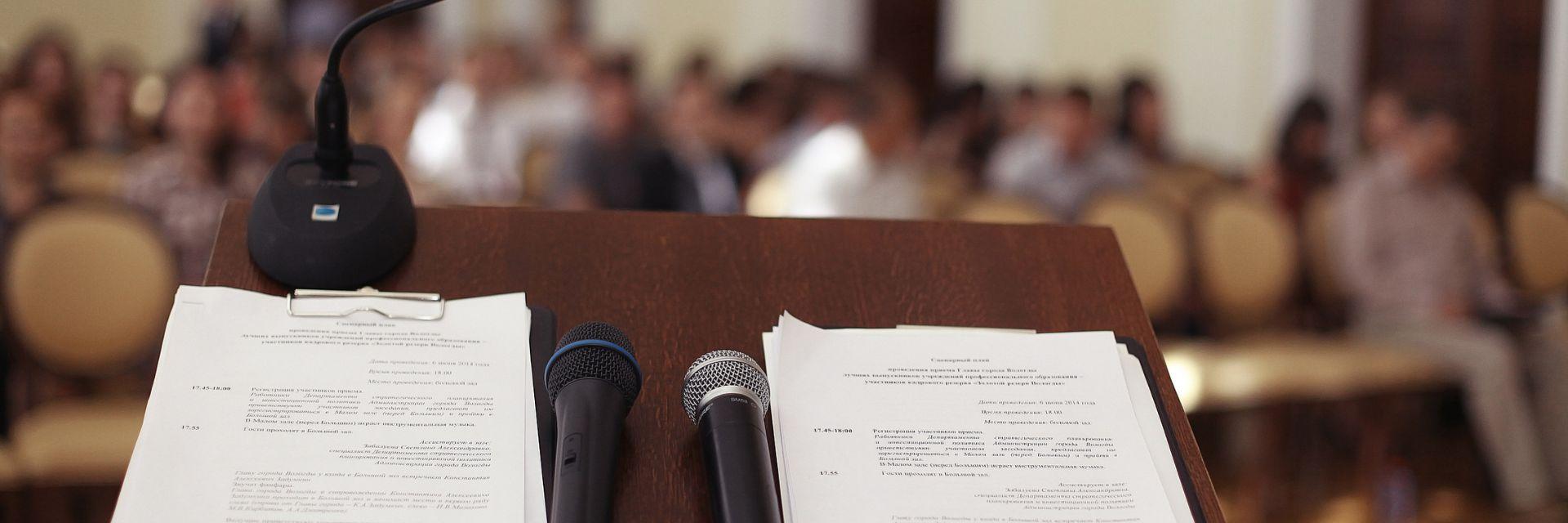Deliberative Democracy
Can the issues that most divide us also unite us?
We will study the theories and practices of deliberative principles most aligned with democratic ideals. We will deepen our understanding of deliberative principles by discussing historical and contemporary political conflicts. Together we will plan a public deliberation by putting such deliberation theories and skills into practice each class period. You will hone your ability to analyze and make arguments, work through conflict, find common ground across differences, and facilitate public deliberations.
You can expect to:
- participate in mini-public deliberations to address the controversial issues discussed in the readings and primary sources (speeches, videos, podcasts, press articles)
- lead public deliberations to practice facilitation skills
- work in teams
 Dr. Shawn J. Parry-Giles (she/her) is Professor and Chair in the Department of Communication at UMD. She also serves as the Director of the Rosenker Center for Political Communication and Civic Leadership. She teaches classes in political communication, presidential rhetoric, democratic deliberation, and academic writing. Dr. Parry-Giles mentors students on enhancing their skills in dialogue and deliberation, conducting historical research, and improving their writing skills. She currently co-edits two public and digital humanities projects designed to promote civic education by studying the role of public oratory in local, national, and global politics: Voices of Democracy: U.S. Oratory Project and Recovering Democracy Archives: Speech Recovery Project. Dr. Parry-Giles studies rhetoric and politics with a focus on the relationship between power and resistance in historical and contemporary politics. She has co-authored and co-edited eight books and a diversity of journal articles on presidential rhetoric, women and politics, and media and politics.
Dr. Shawn J. Parry-Giles (she/her) is Professor and Chair in the Department of Communication at UMD. She also serves as the Director of the Rosenker Center for Political Communication and Civic Leadership. She teaches classes in political communication, presidential rhetoric, democratic deliberation, and academic writing. Dr. Parry-Giles mentors students on enhancing their skills in dialogue and deliberation, conducting historical research, and improving their writing skills. She currently co-edits two public and digital humanities projects designed to promote civic education by studying the role of public oratory in local, national, and global politics: Voices of Democracy: U.S. Oratory Project and Recovering Democracy Archives: Speech Recovery Project. Dr. Parry-Giles studies rhetoric and politics with a focus on the relationship between power and resistance in historical and contemporary politics. She has co-authored and co-edited eight books and a diversity of journal articles on presidential rhetoric, women and politics, and media and politics.

